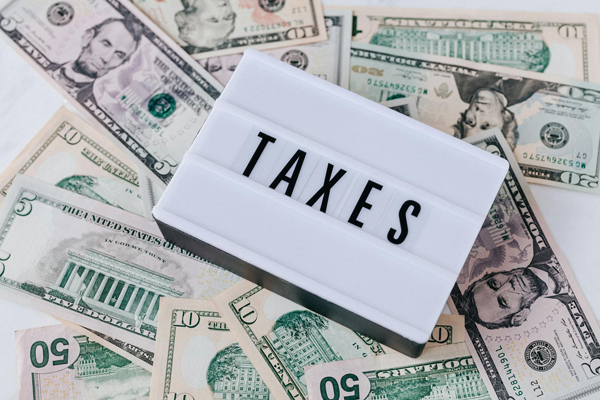
With tax season here, confusion often swirls around deductions and best practices. While everyone wants to minimize their tax burden, it’s crucial to avoid risky tactics that could land you in hot water with the IRS. Here, we’ll debunk some common tax myths, explore legitimate deduction opportunities and offer tips for a smoother filing experience.
Myth Busting: The “Free Money” Fallacies
Beware of tempting, but ultimately illegal, tax “hacks.” One myth involves buying unnecessary equipment, claiming the deduction, then selling it. While accelerated depreciation exists, it fully depletes the asset’s tax value, meaning you’ll owe taxes on the entire sale price.
Similarly, “owner draws” from your business are taxable income, not free money.
Another dangerous myth claims business owners can “loan” themselves money and default, creating a tax deduction. In reality, this triggers cancellation of debt income for you and requires reporting it to the IRS. The same principle applies to forgiven credit card debt.
Remember, genuine tax benefits come from legitimate business expenses, not fabricated schemes.
Maximizing Deductions for Businesses and Individuals
Now, let’s explore legitimate ways to reduce your tax burden.
For Businesses:
Health and Benefits Plans: Explore tax-deductible health insurance and benefits plans that save your business on income and payroll taxes. Oftentimes these can be tax deductions to the business while non-taxable to the employees, including the owners when they are treated as employees. Supplemental benefits generally qualify for the same treatment and they can usually be funded by the employee and simultaneously save the business on payroll taxes.
Business Expenses: Deduct mileage, meals, taxes, continuing education, office supplies, advertising and more (within IRS guidelines). The federal government wants small businesses to succeed, so they provide a great deal of opportunity for businesses to deduct “ordinary and necessary” expenses. Many of these are a benefit to the owners and/or employees.
For Individuals:
Health Savings Accounts (HSAs): Contribute pre-tax dollars for tax-free medical expenses. Let the account grow and you may never pay taxes on the growth when used for medical expenses in the future or in retirement.
IRAs and 529 Plans: Invest in retirement and education savings with tax advantages.
Charitable Donations: Deduct contributions to qualified charities. When done strategically, you can give the same amount to your favorite charity while creating a tax deduction to keep more money in your pocket or give more.
Tax Loss Harvesting: Sell investments at a loss to offset capital gains. You can use this strategy to lock in gains without paying taxes on them, when you buy them immediately for the same price you sell them at.
Roth Conversions: Consider converting traditional IRAs to Roth IRAs for tax-free future withdrawals. This can be a powerful thing if taxes are higher in the future, and can help you minimize future Required Minimum Distributions in retirement.
Remember
Legality Is Key: Focus on minimizing taxes legally, not skirting your obligations. You are required to pay what you owe, but you aren’t required to skip deductions you are entitled to and pay more than your fair share.
Seek Professional Guidance: Consult a qualified tax professional like a CPA for personalized advice tailored to your specific situation. They can help you navigate complex deductions and ensure compliance.
Planning for 2024
Don’t wait until next year’s deadline. Start planning now by:
Staying Informed: Keep up with changing tax laws and regulations.
Gathering Documentation: Organize receipts, invoices and other relevant documents throughout the year. Waiting until tax season means you will likely forget certain deductions that were clear in your mind when they happened.
Estimating Taxes: Make informed decisions about tax payments and potential refunds. Keep in mind that when you get a large refund, you gave the IRS an interest-free loan. Everyone would prefer to make money on their money rather than letting the government hold it.
Bonus Resources
Visit redbarnfinancial.com/tax-resources for a complimentary guide on reducing taxes and filing tips for 2023. Feel free to reach out to our team for personalized assistance.
By understanding the myths, utilizing legitimate deductions and planning ahead, you can navigate tax season with confidence and ensure you’re only paying what you rightfully owe. Remember, professional guidance can be invaluable in optimizing your tax strategy and avoiding costly mistakes.
(Disclaimer: The information in this article is not tax, legal or investment advice. Please consult your financial advisor and your CPA for specific tax questions that apply to your situation.)













